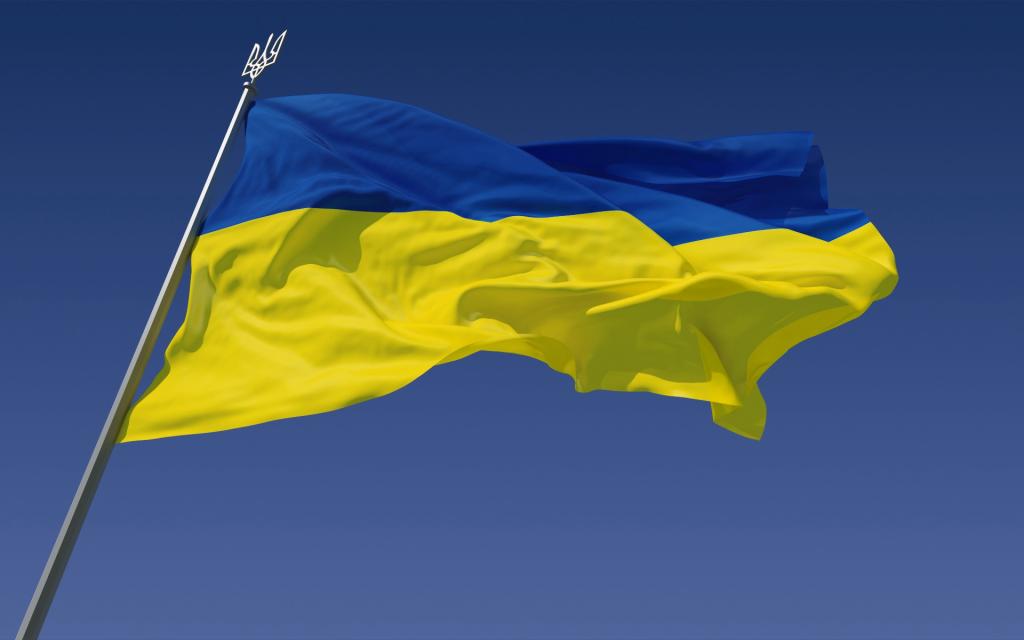Another comment about the ongoing horrors in Ukraine. Or rather, three thoughts in particular, respectively:
1.Why Putin’s Campaign Really Was, and Is, As Dumb As It Looks
When the Ukraine invasion started, I felt rather humbled by my obvious ignorance.
By common report, Putin had planned his assault for around February 10, but Xi Jinping ordered him not to begin until after the Winter Olympics ended on the 20th, as that would distract from Chinese glories. Putin obeyed, and saved his attack until February 24.
Why did I feel humble? Because as I thought I knew well from history, no sane person starts a war in that part of the world in January or February. The terrain is hopeless, conditions for soldiers are dire, and a bit later, you will end up sinking in the Spring thaw – possibly drowning in mud, literally. You are certainly not moving tracked vehicles anywhere. Back in 1855, during the Crimean War, Tsar Nicholas I made the historic declaration that “Russia has two generals she can trust – Generals Janvier and Février,” that is, January and February. That’s the time when sensible countries, and their armies, settle down to rest and regroup. Let their enemies flounder and freeze. Only foreign idiots like the British and French ignored that rule, and they paid the price.
If you want to be pernickety, you can point to a couple of odd historic exceptions, albeit ones that occurred west of the actual Soviet/Russian frontier, like the crushing Soviet Vistula-Oder offensive of January 1945. Generally, though, these are great months to avoid.
So here I am thinking in outdated terms of nineteenth century warfare, or the First and Second World Wars, while cutting edge modern technology now means that Russian combat vehicles and troops can ignore all those ancient constraints. Their miraculous tanks and trucks can move freely through all the ice and mud. Soldiers certainly won’t die of frostbite. They have ample warm clothes and supplies, due to the miracle of modern logistics. They won’t have to deal with the Spring thaw. And the campaign will all be neatly over and done before they have to rotate the new intake of conscripts through starting April 1. How much wiser Vlad the Vozhd is than me.
But no, oddly, as it turns out, Russia has not repealed weather, nor the climate. And these days, General Février has taken out Ukrainian citizenship.
2.The End Of The Little Green Men
One of Russia’s most successful tactics in recent years has involved creating breakaway movements in neighboring territories, and sponsoring bogus resistance movements against legitimate governments. This is what they did in Georgia during the 2008 war, using the South Ossetians and Abkhazians as their frontmen. That is what happened more famously in Ukraine in 2014, with the secessionist entities of Donetsk and Luhansk.
In each case, those Astroturf rebels received vital assistance from clandestine Russian forces who did not identify as such, did not wear uniforms or insignia, and were usually represented as “Little Green Men,” LGMs. Doing so prevented NATO having to confront the fact that Russian forces were actually invading an independent state. After a decent interval, those ”breakaway” states apply for admission to Mother Russia. It’s a stealth annexation, and it can offer the basis for the total dismemberment of that smaller nation. Until very recently, most observers thought that Russia would continue to use such salami tactics to reduce Ukraine even further, and the full scale invasion came as a shock (doubly so as it happened in February: see above). Do recall that protecting those supposedly “independent” breakaways gave Putin the slim justification he needed to attack Ukraine.
The nightmare ever since has been that LGMs would appear to support playacting Russian secessionists in NATO territories in the Baltics. During the Soviet years, many ethnic Russians took up residence in the three occupied Baltic lands, and their descendants remain – around one million in all, out of 6.5 million total. All three nations have sizable Russian minorities – Latvia (26 percent), Estonia (25 percent), and Lithuania (6 percent). Some of these populations are heavily concentrated in particular regions close to a Russian frontier, as in the far north-east of Estonia, and the eastern portions of Latvia, around the nation’s second city of Daugavpils. This region also borders on the puppet state of Belarus, which is Russia’s Mini-Me.
Assume for the state of argument that somebody proclaimed (say) a “Republic of Daugavpils,” supported by thousands of well-armed LGMs. For years, we assumed that NATO could not acknowledge the real nature of the assault for fear of being driven into a confrontation with Russia. Latvia would invoke Article V of the NATO Treaty, and all NATO members would have to come to its aid. What a nightmare!
Except that it isn’t any more. I think all the NATO countries now have an excellent and pressing sense of what the Russians would be doing, and frankly no longer care about maintaining that fiction of “they aren’t really attacking us.” LGMs would be rounded up and suppressed promptly, by regular NATO troops if need be. If Russia did attack NATO directly that would be one thing, but the playacting is over.
FUN FACT: When soldiers are involved in combat but are in false or assumed uniforms, they are not protected by the Geneva Convention. If they use bogus uniforms to disguise their status or identity or nationality in time of war, they can be shot as spies and saboteurs. Does the same apply following a declaration of martial law? Probably. As a profession, being an LGM just got vastly more dangerous.
3.Reasons To Be Cautious
One final thought.
Presently, we are all greatly enjoying the utter incompetence of the Russian “armed forces,” and relishing their accumulating disasters. I am no exception to that rule. But before celebrating too much, always remember the famous words variously attributed to a number of statesmen, including Bismarck and Churchill (or Talleyrand, or Metternich…): “Russia is never as strong as she appears, or as weak as she appears.” Keep repeating that sentence over the coming months and years. There is a great truth there.














